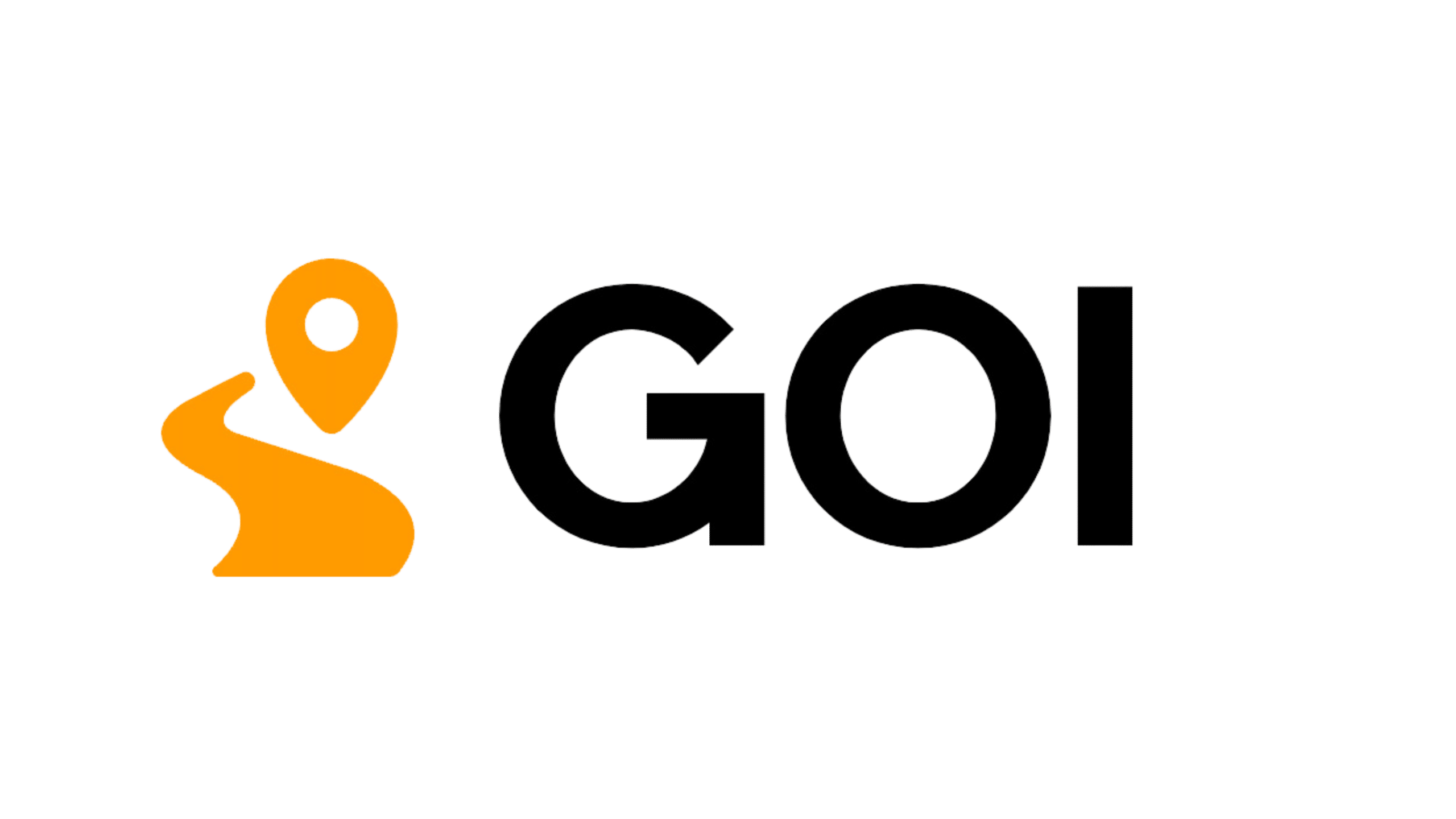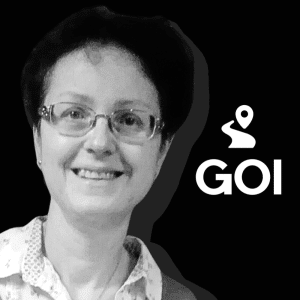Meet Susanna T.: An Experienced Goethe Teacher and Examiner
Introduction:
Susanna T. has been working in the DaF sector since 1983, bringing extensive experience in preparing for Goethe exams. Her dedication and expertise are invaluable resources for all her students and GOI colleagues.
Interview: Tips and Tricks Around Your German Exam
1. Utilizing Exam Expertise:
How do you use your experience as a Goethe examiner to provide your students with the best preparation methods for the exams?
My work as an examiner enables me to make relatively accurate assessments of the learners’ proficiency levels in productive skills, such as writing and speaking.
This forms the basis of the exam preparation, where we not only specifically build up missing competencies but also scrutinize the exam tasks closely and develop personalized strategies.
The evaluation criteria of the respective exam are of great importance for preparation. I think it’s important to read these together and apply them for self-assessment. This also helps optimize results, as you know exactly what is expected.
Moreover, I can help my students avoid typical mistakes that I regularly see among the candidates.
2. Common Pitfalls:
What common mistakes do you see among exam participants, and how do you help your students avoid them?
Students often cannot realistically assess their performance; they either underestimate or overestimate themselves. To avoid this, feedback from the teacher and self-reflection help.
Another factor is stress, whose impact is often not sufficiently considered. Many believe that if they have performed well in test tasks, it must automatically go well in the exam.
Of course, good preparation helps against stress, such as chunks, phrases that can be used with any topic.
3. Relevance of Exams in Everyday Life:
How do you ensure that what your students learn for the exam is also useful in everyday life in a German-speaking environment?
Fortunately, the times when you had to learn useless things for the exam are over. The current exams are mostly realistic, communicative in many respects, and cover realistic private and professional situations. Just to name a few examples: you might have to write a complaint letter or informal e-mails, assert yourself in a discussion and argue, or give a presentation. Therefore, the time and energy invested in preparation are by no means lost.
4. Measuring Learning Progress:
How do you use the structure of Goethe exams to assess your students’ progress and adjust the teaching plan if necessary?
In the learning process, exams are important milestones because they make progress and deficiencies visible. That’s why we conduct an exam simulation with the learners at the end of a proficiency level, even if they don’t intend to register for the exam. The result is objective and shows the learner where their strengths lie and where there are still gaps.
5. Exam Tips:
Could you give us a few insider tips that exam participants often overlook but that could significantly improve their chances of a better evaluation?
Perhaps the most important tip is not to start preparing for the exam just one month before the date. In current textbooks, exam-relevant exercises and tasks are even marked, and these can be specifically practiced during the learning phase. Learning a language is not like learning the history of the Roman Empire, where you can cram the most important dates and facts the night before the exam. Language learning takes time, the learned material needs to settle, be “digested,” and practiced countless times before it transforms into productive skills.
Therefore, the path to the exam should be well planned in terms of time.
More tips are scattered in the other answers, here again briefly:
– very good knowledge of the exam tasks and the evaluation criteria
– self-assessment (with the help of the teacher)
– universal phrases for speaking and writing
6. Choosing a Provider:
What differences do you see between the ÖSD,
TELC and Goethe exam providers, and in which situations would you specifically recommend one of these providers?
Since the aforementioned exams are subject to strict criteria and all are verified, there are
no significant differences in terms of difficulty. However, it may be that one exam “suits” a candidate better than another. This is most easily discovered by working through the model sentences of the exams in question and making an assessment for oneself. The information materials of the exam providers are also very enlightening. Alternatively, of course, one can also seek advice from their teacher.
There are also quite mundane factors such as the distance to the exam location, the height of the exam fees, or the most suitable date. Two aspects should not be overlooked: First, whether the exam is modularly structured (perhaps only certain modules are needed) and second, if the exam is needed for studies or a job, what are the expectations/requirements of the university or employer.
Ready for your German exam?
Whether it’s Goethe, ÖSD, or Telc – our experienced team is here to support you in preparing for your exam as best as possible. Take the opportunity for a free trial lesson to discuss your learning objectives with us and take the first step towards exam success.
Book your free trial lesson now!


No comments yet.
Want To Reply?
please fill up fields below